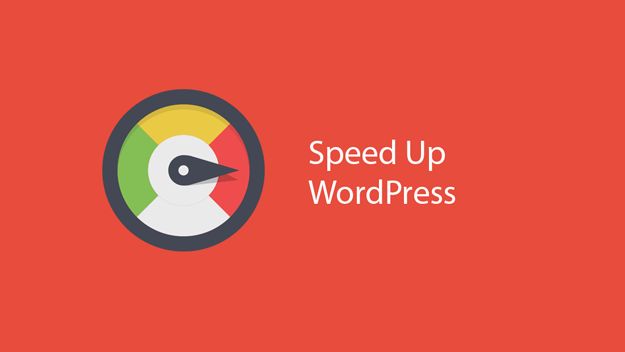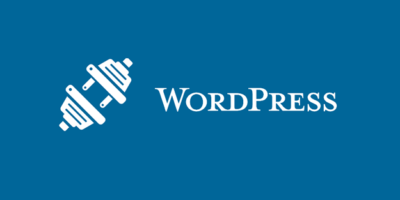Even though no one can deny that the speed of the website is vital to the overall user experience (UX), this is not all that it is good for. Since mid-2010 a speed of a site is officially Google’s ranking factor. Because of this, it is more than clear that making a website run smoother is now one of the main concerns when it comes to the page’s SEO efforts.
Seeing how roughly one quarter of all internet is managed in WordPress (27 percent of all online content actually), speeding this CMS up has become one of the main concerns of hosts and users across the Web. Here are eight ideas on how you can achieve this.
1. Look for a Good Host
The first thing you need is a fast internet connection because slow internet connection can only make things complicated and can waste ample amount of time without being productive.
In order for your website to even have a fighting chance, you need to look for a good host. Start by visiting forums and reviews of the hosts you are currently considering. What you are looking for are uptime (you want approximately 99.99 percent), customer service (you need it available 24/7) and of course the overall service they provide. Keep in mind that if your website is your livelihood none of the three are negotiable.
2. Keep it Simple
Next thing you need to keep in mind that every element of your page requires additional HTTP request. This means that if you have more than one stylesheet, as well as numerous images and flash animations, your site will be much harder to render. Because of this, a simple process of elimination can make your website much faster. Just try to prioritize and ask yourself what is it that your website simply can’t do without.
3. Optimized Images
Of course, the number of images is not all that matters, their size is what matters as well. Having all your images in high resolution will significantly slow you down, which is why you need to think about resizing them a bit. Furthermore, not every format of the image has the same level of compatibility with the images in question. Therefore, it would be best if you were to stick to JPEG (and even PNG if you have to) and avoid BMP or EPS like a plague.
4. Reduce the Number of Plugins
The most enticing thing about WordPress is that it presents you with so many plugins, each one of them adding a new function or improving an old one. Unfortunately, people tend to get carried away with this, since each plugin you add also reduces your speed, at least for a bit. Add enough of them and your page will become unbearably slow. This is why you need to learn how to prioritize (once more) and limit the number of plugins you install to a shear minimum (unless you are 100 percent sure your website can take it).
5. Try Caching
In a situation where your homepage might take a bit more to load, you might want to install a caching plugin and prepare some of this content in advance. In this way, the content you have cached won’t have to be processed each time just in order to be displayed. While this can save you a lot of time and make your website much easier to load, you need to find the right plugin to do his through. Luckily, WP leaves you with a lot of different options.
6. Deal with Spam Comments
This particular advice is a bit tricky since even though you want comments on your website (testimonials make you look more reliable) a myriad of them, when displayed, can also slow you down. Luckily, you can deal with this issue by just deleting all the comments you consider to be a dead weight. However, this might mean stepping on some toes since certain people could potentially interpret this as a form of censorship.
7. Disable Hotlinking
Another thing you need to do is disable hotlinking. Sure, other bloggers linking your images can gain you a degree of renown, but it will do so at the expense of your speed. Whether this is worth it or not is up to you to decide.
8. Test, Test and Test Some More
Finally, even though this isn’t exactly a tip on how to speed your website up, it can definitely help you get the answers you need. You see, sometimes you will have a host that can procure you with a network so strong that you can feel free to ignore all the above mentioned tips and still have your website run at its optimal speed. However, this is not very likely.
What you need to do in order to make sure is test frequent and after every move you make. You turn one plugin on or off and you test it. You resize an image, cache something or eliminate an element and you test again. In this way, you will be able to see exactly what’s slowing you down or boosting your speed the most.
In Conclusion
Whether you decide to go with all or none of these steps is completely optional. Like we already said several times in the article, every site is a story of its own and what works for you doesn’t necessarily need to work for others and vice versa.










Leave a Reply